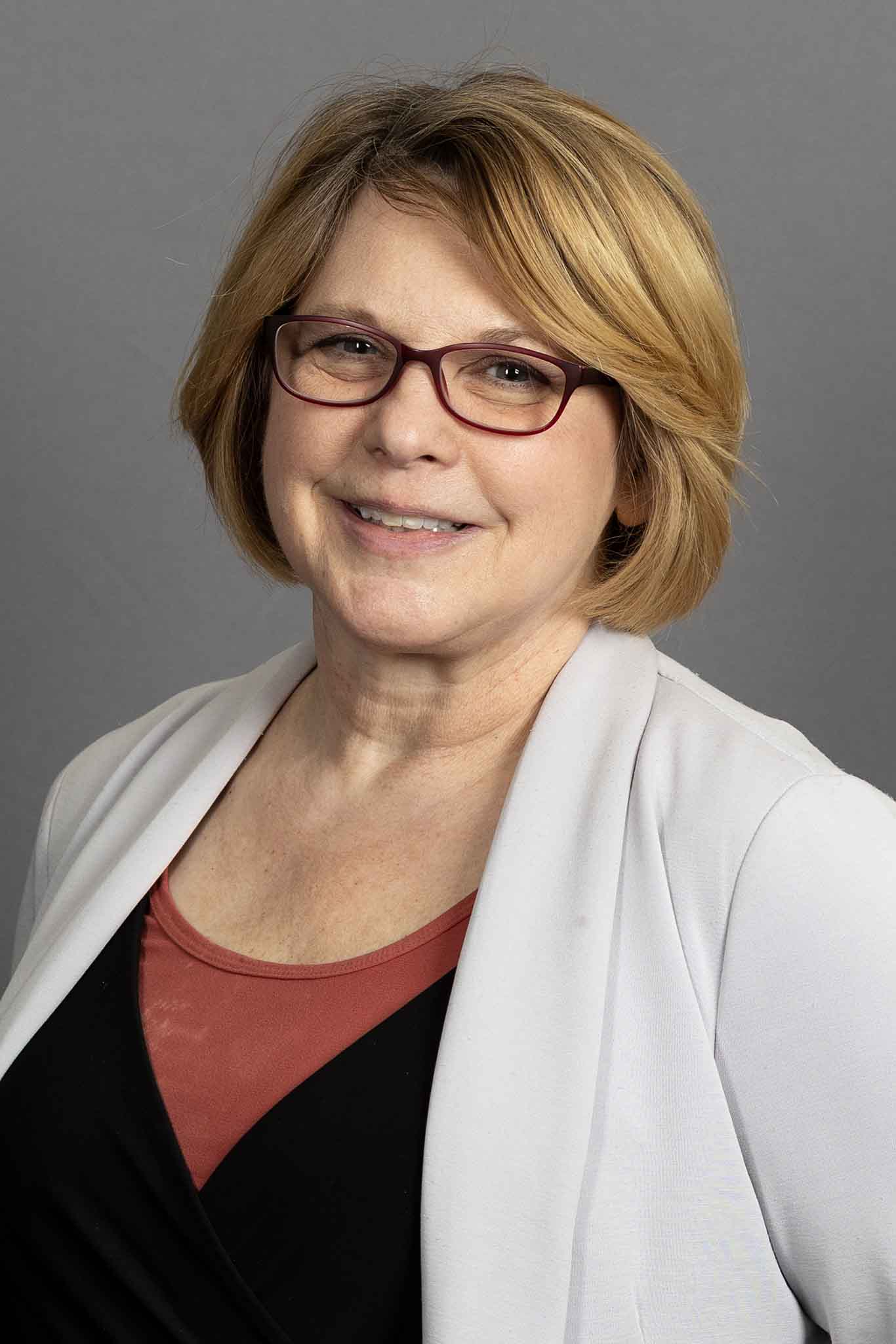
Diversity, Equity & Inclusion
Our Commitment
Erie 2-Chautauqua-Cattaraugus BOCES continually strives to ensure that all students and employees have access to equal opportunities within a safe, inclusive, welcoming, and accepting environment. In order to achieve this goal, we will strive to sustain a culture of learning about the experiences and perspectives of those who are different from ourselves. Additionally, we are committed to applying our learning in order to grow our capacity to make certain that every student and employee is able to reach their highest potential.
Our Current Services
Erie 2-Chautauqua-Cattaraugus BOCES is proud to work with our Erie, Chautauqua, and Cattaraugus county school districts to support them in creating culturally responsive-sustaining educational systems. Our goal is to provide services to our component districts that will cultivate the Principles of Culturally Responsive-Sustaining Education.
-
Consultation with the Associate Director of DEI (Single District)
(District billed as half or full-day first from unused Co-Ser day(s) then additional Co-Ser day(s) charged)
- Equity Learning Walks
- Developing a district or school equity plan
- Developing a district or school diversity, equity, and inclusion team
- Planning to respond to instances of bias in your school district
- Develop a district or school professional development plan (see options below)
-
Single District Workshop (Offered upon District inquiry)
($85 Half Day/$165 Full Day per attendee)
- Deep Dive into the CRSE Framework
- Understanding Our Own Diverse Identities
- Understanding Implicit Bias
-
Single District Book Study (Offered upon District inquiry)
($195 per attendee – Book Provided)
- What if I Say the Wrong Thing: 25 Habits of Culturally Effective People by Verna A. Myers
-
Half-Day PLC Summer Series for Administrators (All Districts)
($85 for a 4-session series per attendee)
Join administrators from across the region in our EID Professional Learning Community. As a PLC, participants will determine meeting topics. Meetings will include interest-driven PD, meaningful collaboration, and time for application.
-
Administrator Think Tank! (All Districts – FREE)
Join the Associate Director of EID and colleagues across the region as thought partners for two 1.5 hour sessions of participant questions and topics around EID.
- Session 1: March 28 – 4-5:30 p.m.
- Session 2: April 19 – 4-5:30 p.m.
Resources
Whether your goal is to expand your individual knowledge and understanding of topics and concepts related to diversity, equity, and inclusion or to support those in your sphere of influence in their growth and development, you have come to the right place. Here you will find a living repository of resources from the New York State Education Department as well as a plethora of article and video resources from individuals and organizations who are experts in the field of DEI.
Diversity, Equity & Inclusivity
Cultures of Dignity / Dignity The Top 10 Elements: A Tiny Guide
These quick guides help us define dignity and provide us with the power to shift our engagement with, and perspectives about, others to be more compassionate and productive.
Are you biased? I am
In this intriguing TedTalk, Kristen Pressner, the head of human resources for a global firm as well as advocate for women in the workplace, shares her experience of recognizing her hidden biases.
Unconscious Bias at Work
Making the Unconscious Conscious- Implicit biases are shaped by our society’s cultural norms and influence our daily actions and interactions. This video is a quick 4 minute introduction to the concept of unconscious bias.
Color Blind or Color Brave?
Mellody Hobson is a finance executive. In this Ted Talk she discusses the reality of racial inequities in our society and highlights that embracing difficult conversations about race is beneficial for us all.
The ABC’s of Creating the LGBTQ-Friendly Classroom
This article from the National Association for Music Education provides simple strategies for creating affirming and welcoming environments for students who identify as a member of the LGBTQ community.
Conversations that Matter: Norman Kunc with Vicky Reynold
Norman Kunc is a speaker, writer, and advocate for people with disabilities. Born with cerebral palsy, Norman attended a segregated school for children with physical disabilities; then, at the age 13, he was integrated into a regular school. From there, he went on to complete a Bachelor’s degree in Humanities and a Master of Science degree in Family Therapy.
Educational Equity
Zaretta Hammond, author of Culturally Responsive Teaching and the Brain, is an instructional coach and professional developer around the issues of equity, literacy, and culturally responsive pedagogy:
The Myth of Average
Todd Rose, co-founder of The Center for Individual Opportunity and author of several books including The End of Average and Dark Horse, explains why the concept of using statistical averages to understand humans is a myth. Todd Rose is a faculty member at the Harvard Graduate School of Education.
Educational Equity – What does it mean? How do we know when we reach it?
The Center for Public Education’s 2016 Research Brief provides highlights on status equitable education in relationship to funding, high-level curriculum, teacher qualification, and discipline.
Edutopia: Educational Equity Resources
Here you will find current articles with topics related to educational equity.
Navigation DEI in Schools: Five Crucial Considerations
Creating a safe environment where all students feel like they belong requires a systemwide commitment to equity, inclusivity, and diversity.
Historical Perspectives
What is Redlining?
This History Channel article describes how FHA policies and practices created and sustained a system of redlining.
How the GI Bill’s Promise Was Denied to a Million Black WWII Veterans
The GI Bill was designed to provide veterans opportunities to prosper in a variety of ways, from unemployment benefits, to housing, to education benefits. This article outlined the barriers that prevented Black veterans from reaping those benefits.
Diversity, Equity & Inclusion Plan
Contact
Associate Director of Diversity, Equity & Inclusion

Integrated Education Services Office
Lisa Walker (she/her/hers)




